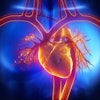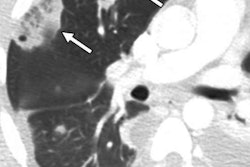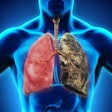Wednesday, December 4 | 3:20 p.m.-3:30 p.m. | SSM15-03 | Room E353B
In this presentation, researchers from Israel will describe how artificial intelligence (AI) technology can help protect medical imaging devices from cyberattacks.Tom Mahler, a doctoral student at Ben-Gurion University of the Negev in Beer-Sheva, and colleagues first began studying medical imaging device cybersecurity as part of his Master of Science thesis at the university. They've found that medical imaging systems are vulnerable to many cybersecurity threats, and the group developed a methodology for evaluating the risk of these threats, he said.
The team of researchers first presented their work at the 2017 RSNA meeting, where they offered a detailed assessment and classification of the ways medical imaging devices are vulnerable to cyberattacks. At the RSNA 2018 meeting, Mahler and colleagues shared how various machine- and deep-learning methods could be used for training an algorithm to detect anomalies and prevent cyberattacks. They also detailed a specific type of a potential attack on CT scanners and several methods to counter these attacks.
"After finding these disturbing results, I decided, with the help of my advisors, to continue the research," Mahler told AuntMinnie.com. As part of his doctoral studies, he studied these threats in more detail and to develop solutions that might protect medical imaging devices and other types of medical devices.
At RSNA 2019, the researchers will present a new approach for securing CT devices from cyberattacks than they had presented at RSNA in the two previous years.
"Although [medical imaging devices] are vulnerable to cyberattacks, there are solutions exploiting modern data science; in fact, we are working on several of them and will present initial results of applying our algorithm," Mahler said. "While our methods are still a work-in-progress, we hope to receive constructive feedback from the RSNA scientific community in order to improve our final algorithms."





















